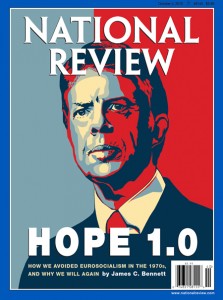I have been reading Victorian war and travel memoirs lately. Google Books has everything full text for free that is out of copyright. I send these books to my Kindle, which makes it easy to read them.
Younghusband’s book does not have a single bad page in it. Here is one good passage. Younghusband and his small party have brassed their way into the hilltop fort of the chief of the Kanjuti bandits, to express the displeasure of the Queen at the perpetual raiding upon her subjects.
We stood together for a long time round the fire, a curious group—rough, hard, determined-looking Kanjutis, in long loose woollen robes, round cloth caps, long curls hanging down their ears, matchlocks slung over their backs, and swords bound to their sides; the timid, red-faced Kirghiz ; the Tartar-featured Ladakis; the patient, long-suffering Baltis; the sturdy, jovial little Gurkhas; the grave Pathan, and a solitary Englishman, met together here, in the very heart of the Himalayas, in the robbers’ stronghold. It is on thinking over occasions like this that one realizes the extraordinary influence of the European in Asia, and marvel at his power of rolling on one race upon another to serve his purpose. An Asiatic and a European fight, the former is beaten, and he immediately joins the European to subdue some other Asiatic. The Gurkhas and the Pathans had both in former days fought desperately against the British; they were now ready to fight equally desperately for the British against these raiders around us, and their presence had inspired so much confidence in the nervous Kirghiz that these even had summoned up enough courage to enter a place which they had before never thought of without a shudder.
